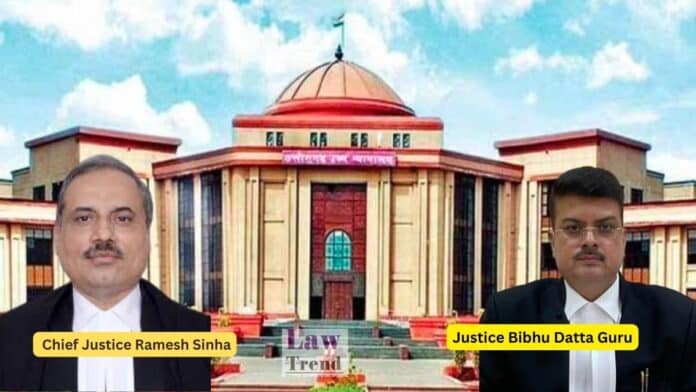The High Court of Chhattisgarh has initiated a suo motu public interest litigation after the Chief Justice observed the “pathetic condition” of a cremation ground, stating that the fundamental right to a dignified death under Article 21 of the Constitution includes the right to a respectable cremation in a pacifying ambiance. A division bench comprising
To Read More Please Subscribe to VIP Membership for Unlimited Access to All the Articles, Download Available Copies of Judgments/Order, Acess to Central/State Bare Acts, Advertisement Free Content, Access to More than 4000 Legal Drafts( Readymade Editable Formats of Suits, Petitions, Writs, Legal Notices, Divorce Petitions, 138 Notices, Bail Applications etc.) in Hindi and English.




